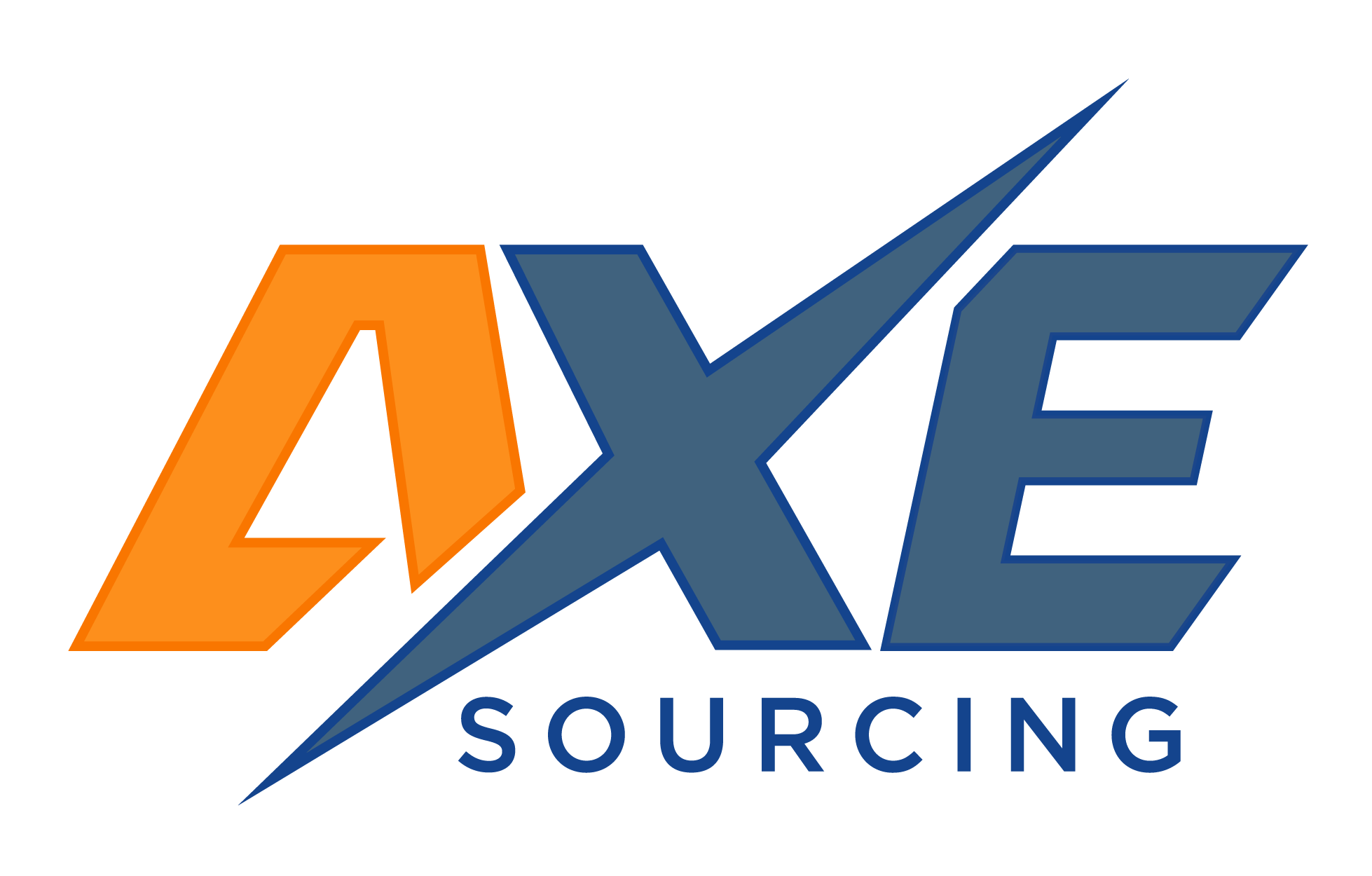Foreign trade terms has two main functions. One is to clarify the risk division of the goods between the buyer and the seller during the transportation process, and the other is to agree on the relevant expenses.
Here, we try to use virtual stories to interpret those terms in an easier way to understand, comprehend and remember.
1) EXW (ex-works)
India is known as the world’s spice capital, and Singer operates one of the largest pepper factories in the region.His factory has a unique technological process that produces goods that are 20% better than competitors. Their products soon became the hottest sale in the international pepper industry, and the orders continue growing. As the boss, Singer is a difficult man, if you want to buy their products, you need to book half a year in advance. Finally, Canadian businessman Paul ordered a batch of goods. He wanted to negotiated with Singer about the price when they signed the contract. But, Singer not only does not want to negotiate the price, but contract condition is: after the product is produced, the factory will inform Paul the actual price, and he has to arrange someone to come to pick up the goods and take care of all the logistic, custom clearance etc., Singer’s factory won’t care about anything else. This condition term is known as “factory delivery price”.
2) FOB (free on board)
A person named Kumar who is in charge of the core technology department of the Singer factory. Kumar, who knows that Singer’s business is so profitable, he decides to build a new pepper factory with several capable employees and important technologies from the original factory. The same quality and spicy pepper as the Singer factory has been produced. Breaking the monopoly, Singer starts panicked.
Paul comes to order again. He also heard about Kumar’s new factory. He is trying to figure out how to fight for his own interests. Since Kumar’s factory has just been built, although the quality is comparable to that of Singer’s products, the production capacity needs to be further improved. Paul still has to make the big orders with Singer this time. Due to the existence of Kumar’s factory, this time Singer would like to negotiate with Paul, no longer have the prestige as before. He agrees this time, he is going to take care of sending goods on board , and he will pay for in-country freight fee, customs fee of India side. And Paul, just needs to take care of the rest after goods on board. This term is called “on board price”.
3) CFR(Cost & Freight)
With the product quality of the Kumar factory getting better and better, the production capacity has increased year by year, and finally can be equal to Singer. The rise of Kumar suddenly reshuffled the original market. As competition became more intense, both parties began to compete on price while ensuring quality. Paul’s order this time is very different from the last time. Kumar’s products can completely compete with Singer’s, and Paul became the biggest beneficiary. In order to obtain Paul’s order, the two sides have to cut prices. Their offers, the same conditions as last time but more including the sea freight covered to Canada. This quotation that includes sea freight is called the CFR clause, also known as “cost plus freight”
4) CIF(Cost, Freight, Insurance)
As the competition became more and more fierce, in addition to covering the sea freight fee, Singer also covered insurance for Paul’s goods and solved the risk of long-distance transportation. This price clause after adding insurance based on CFR quotation is called CIF clause, also known as “cost plus freight plus insurance”.
Until here, congratulations you have mastered the most commonly used trade terms in the international trade business, EXW, FOB, CFR, CIF. These four trade terms are used in daily work up to 70%-80%, which can basically meet the needs of daily business negotiations.

